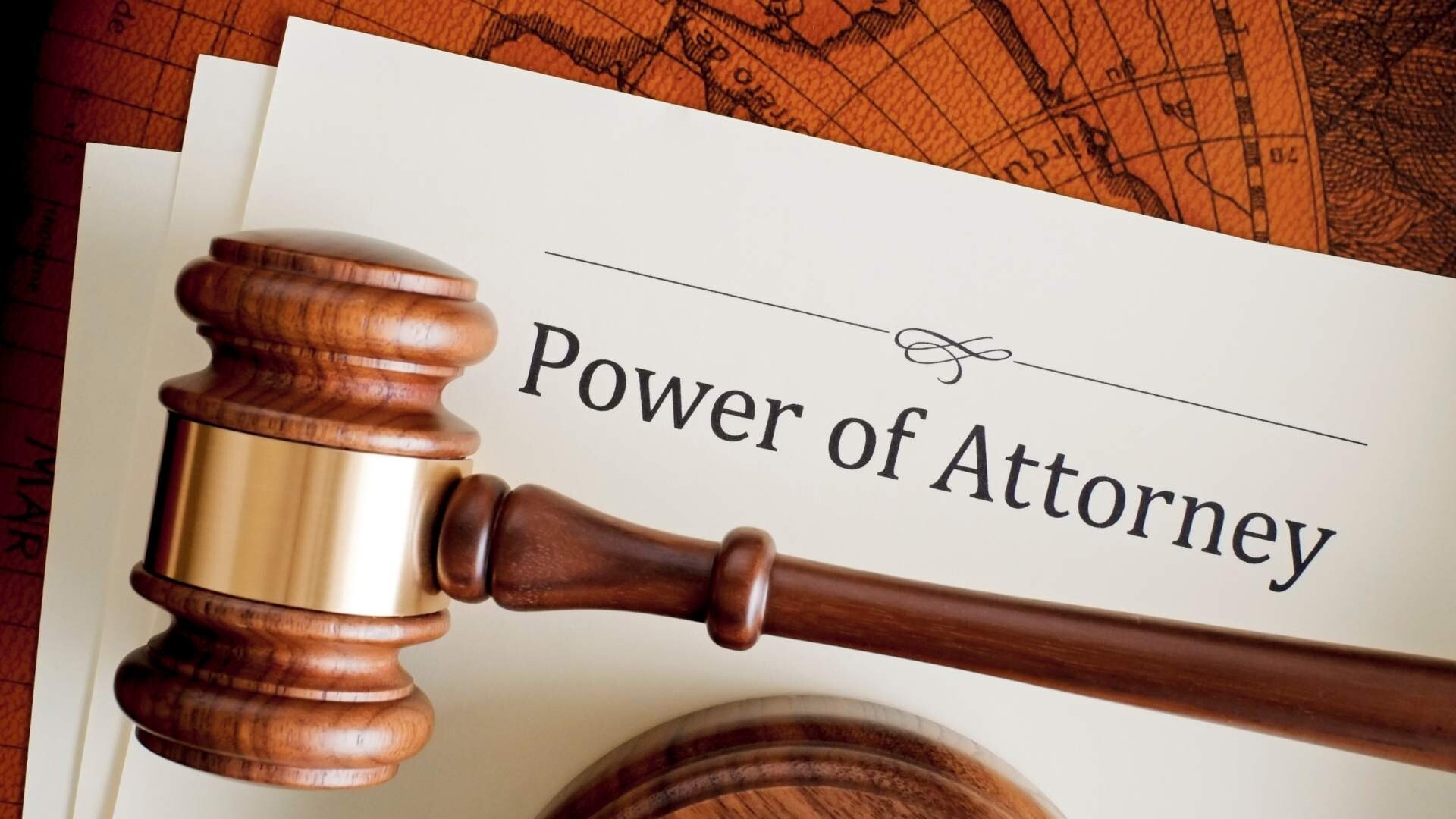
- 25 Sep 2025
- Law Blog
- Wills, Trusts & Probate
When planning for the future, most people start with a Will. It is a vital document that ensures your wishes are carried out after your death. However, future planning is not just about what happens when you are gone – it is also about protecting yourself during your lifetime. That is where Lasting Powers of Attorney (LPAs) come in.
What is a Lasting Power of Attorney?
An LPA is a legal document that allows you to appoint one or more people (your attorneys) to make decisions on your behalf if you lose the ability to do so yourself. There are two types:
- Property and Financial Affairs: enables your attorney(s) to manage your finances, including paying bills, accessing bank accounts, and dealing with your property.
- Health and Welfare: covers decisions about your care, medical treatment, and daily routine. It can also include decisions about life-sustaining treatment.
Why LPAs Are Equally Important as a Will
- They protect you during your lifetime - a Will only takes effect after death. An LPA ensures that, should you lose mental capacity, someone you trust can act in your best interests at a time where you are still alive to benefit from their help and support.
- They prevent delays and costs - without an LPA, your loved ones may need to apply to the Court of Protection to gain authority to act on your behalf under a Deputyship Order. This process can be lengthy, expensive, and stressful.
- They provide clarity and control - you choose who acts for you and can include guidance on how decisions should be made. This helps avoid disputes and ensures your preferences are respected.
- They offer peace of mind - knowing that someone you trust is legally empowered to act for you can be a huge relief - for you and your family.
Common Misunderstandings
- "I don’t need an LPA unless I’m elderly" - mental incapacity can arise at any age due to illness or accident. LPAs are relevant for everyone.
- "My spouse or children can automatically make decisions for me" - not without the legal authority given under an LPA. A registered LPA ensures they can act without delay or legal barriers.
- "If I start to feel I am losing capacity, I'll do it then" - this is a common misconception. No one really notices if they are losing capacity and is not always a slow process. Sometimes challenges with capacity can progress quickly.
Real-Life Examples
Case Study 1: Financial Protection in Later Life
Mrs. A, an 82-year-old widow, began showing signs of dementia. Fortunately, she had set up a Property and Financial Affairs LPA five years earlier, appointing her daughter as attorney. When Mrs. A could no longer manage her finances, her daughter was able to step in immediately - paying bills, managing her pension, and ensuring her care home fees were covered without delay. The LPA avoided the need for a lengthy and costly Court of Protection application.
Case Study 2: Health Decisions During a Crisis
Mr. B, aged 58, suffered a severe stroke and lost capacity to make decisions about his medical treatment. His wife had been appointed as his attorney under a Health and Welfare LPA. She was able to make timely decisions about his care, including consenting to rehabilitation treatment and choosing a suitable care facility. Without the LPA, she would have faced delays and would not have been involved in the decisions causing uncertainty at a critical time.
Case Study 3: Young Adult Planning Ahead
Miss C, a 35-year-old business owner, set up both types of LPAs after being diagnosed with a rare neurological condition. She appointed her brother to manage her business finances and her partner to make health decisions. When her condition progressed, both attorneys were able to act swiftly and in accordance with her wishes, ensuring continuity in her business and personalised care.
A Will protects your legacy. An LPA protects your wellbeing. For complete peace of mind, both should be part of your planning.
How We Can Help
Our Wills, Trusts & Probate team offer clear, practical advice on setting up LPAs. We will guide you through:
- Choosing suitable attorneys
- Drafting tailored instructions
- Registering your LPA with the Office of the Public Guardian
We take the time to understand your circumstances and ensure your documents reflect your wishes with clarity and confidence.
Putting your LPA in place is one of the most impactful things you can do for yourself and your family. It protects your autonomy, saves time and money, and gives everyone peace of mind.
At Sills & Betteridge we have a team of lawyers able to offer advice to you about your circumstances and how best to prepare for and protect your future.




 Corrine Le Huquet
Corrine Le Huquet